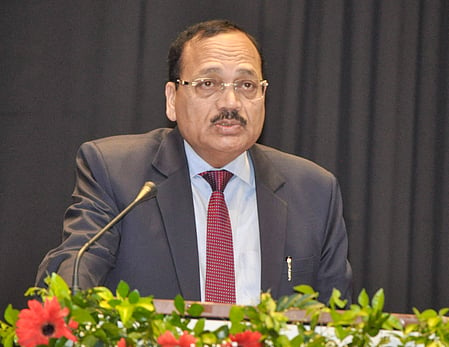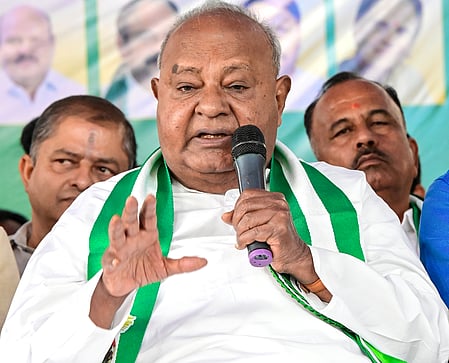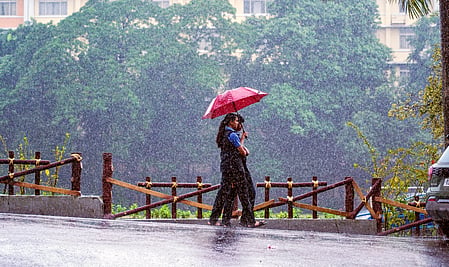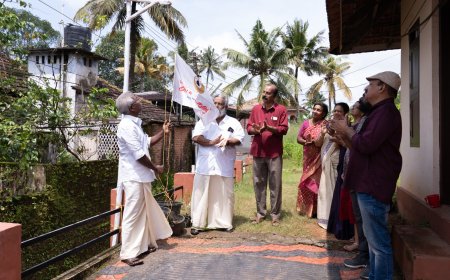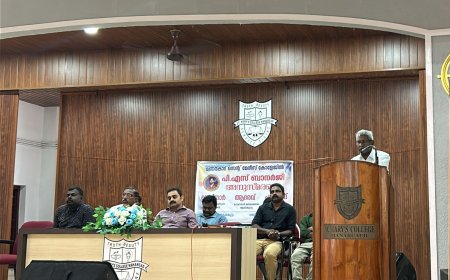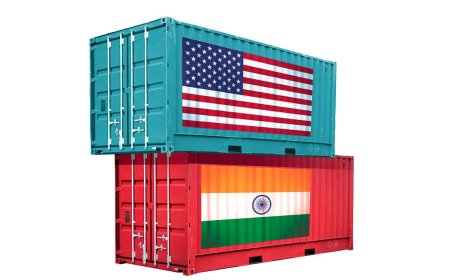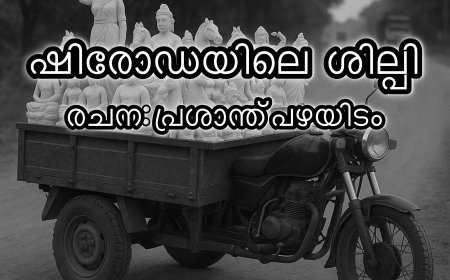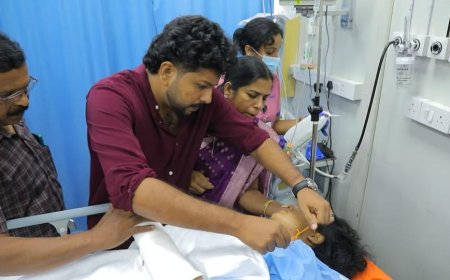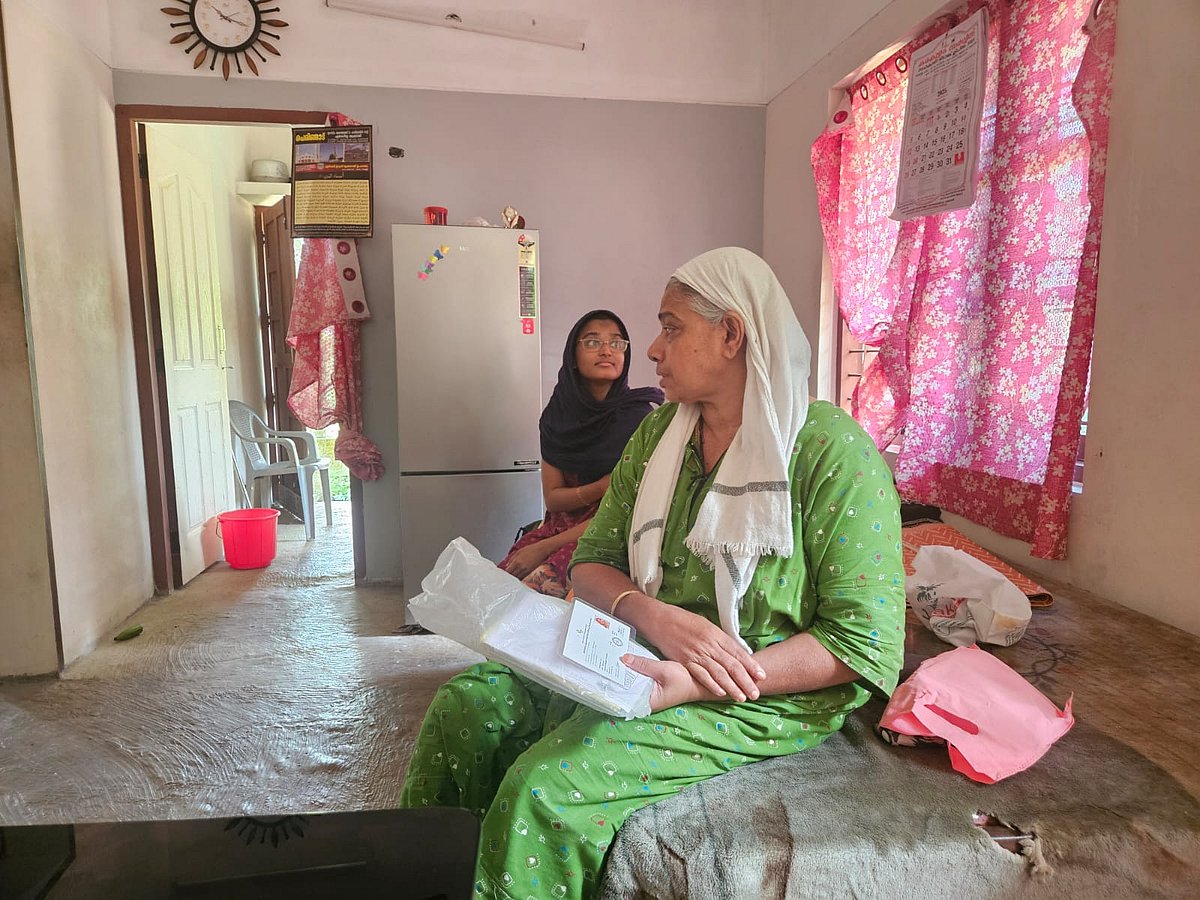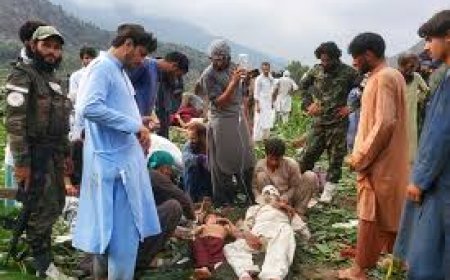Landslide win for Tanzania’s first female president marred by deadly protests—what’s behind the unrest in East Africa?
Tanzania President Samia Suluhu Hassan—the East African country's first female leader—secured victory in presidential polls on Saturday, grabbing a whopping 97.66% of votes, but the general election was one marred by violence and controversy.

CHAOS has gripped the East African nation of Tanzania amid a disputed election, with the opposition party claiming that over 700 people have been killed since Wednesday.
Tanzania President Samia Suluhu Hassan—the East African country's first female leader—secured victory in presidential polls on Saturday, grabbing a whopping 97.66% of votes, but the general election was one marred by violence and controversy.
Why did protests break out?
Protests erupted across Tanzania this week amid widespread allegations of election rigging.
The two main opposition figures contesting against Hassan were either barred from contesting or disqualified from the race, making the incumbent President's victory all but certain.
Tundu Lissu of the Chadema party was jailed on charges of treason, while the party itself—the main opposition in Tanzania—was disqualified from contesting the polls on technical grounds.
The other main opposition candidate, Luhaga Mpina of the ACT-Wazalendo party and a defector from the ruling party, was disqualified on technical and procedural grounds.
The removal of opposition candidates paved the way for an unopposed election, which Hassan won with nearly 98% of the votes.
How many have been killed?
Figures vary wildly when it comes to death tolls in the protest.
The main opposition party, Chadema, has claimed that more than 700 people have lost their lives since Wednesday and has squarely blamed excessive use of force by the government for their deaths.
The government, however, denies using excessive force and has called the opposition's tally wildly exaggerated.
"Currently, no excessive force has been used. There's no number until now of any protesters killed," the country's Foreign Minister Mahmoud Thabit Kombo told Al Jazeera on Friday.
Third-party verification of casualty figures is yet to happen, and the UN's Office of the High Commissioner for Human Rights (OHCHR) has said that credible reports indicated at least 10 deaths across three cities.
The UN human rights office also confirmed that security forces used firearms and tear-gas against the protestors, and confirmed a nationwide curfew and internet restrictions during polling.
News agency AFP, meanwhile, citing security sources and a diplomat in the capital of Dar es Salaam, reported that deaths were "in the hundreds" without putting a number on it.
What has the UN said?
As reports about the protests and the allegedly violent government crackdown went around, UN Secretary-General Antonio Guterres deplored the loss of lives in the East African country.
"Deeply concerned by the situation in Tanzania, including reports of deaths & injuries during demonstrations," Guterres wrote on X.
"I call on all to exercise restraint, reject violence & engage in inclusive & constructive dialogue to prevent further escalation," the UN Secretary-General added.
The UN OHCHR, meanwhile, has called on the government to release political prisoners.
"All those in arbitrary detention must be immediately and unconditionally released and those held legally must be accorded full due process and fair trial rights. We urge the authorities to ensure prompt, impartial and effective investigations into all cases of election-related violence, and to ensure those responsible are brought to justice," the OHCHR said in a statement.
What happens next?
Given that it's unlikely that the election results will be overturned, Hassan, who first took office in 2021 after her predecessor John Magufuli's death, will now helm Tanzania for another five years, ruling over its 68 million people.
The newly-re-elected President has also not released any statement after her victory in the polls, while the opposition Chadema has described Hassan's victory as a "coronation".

